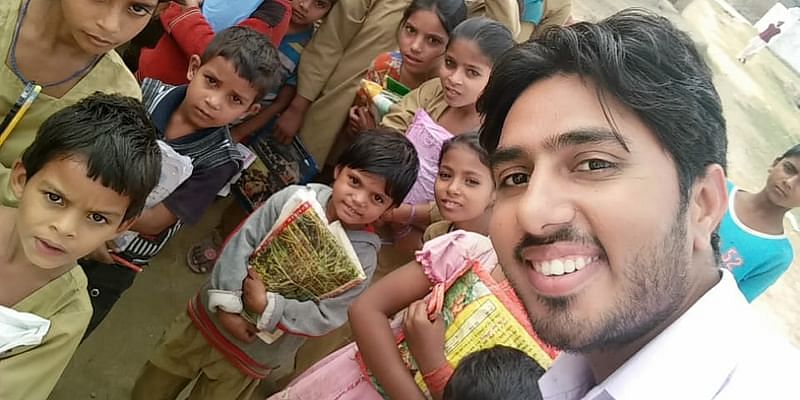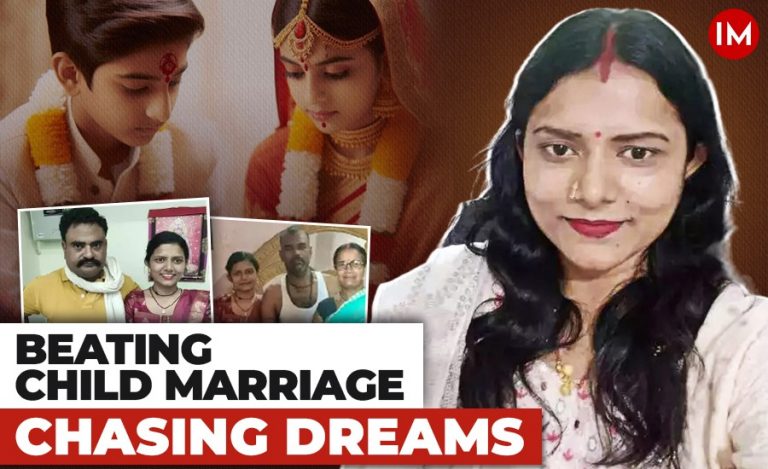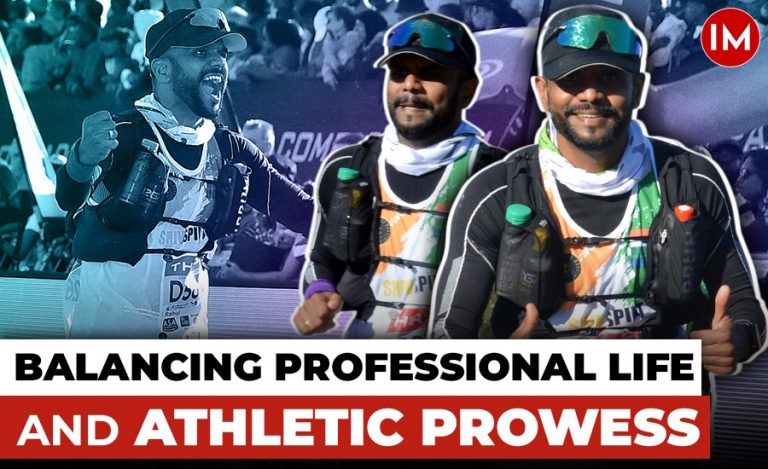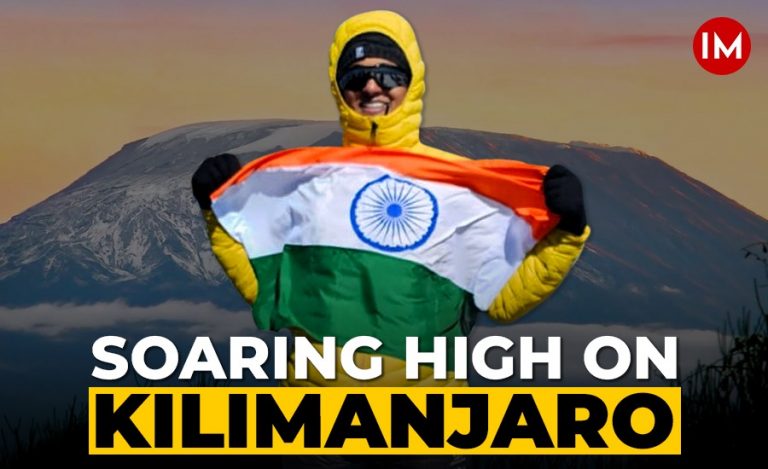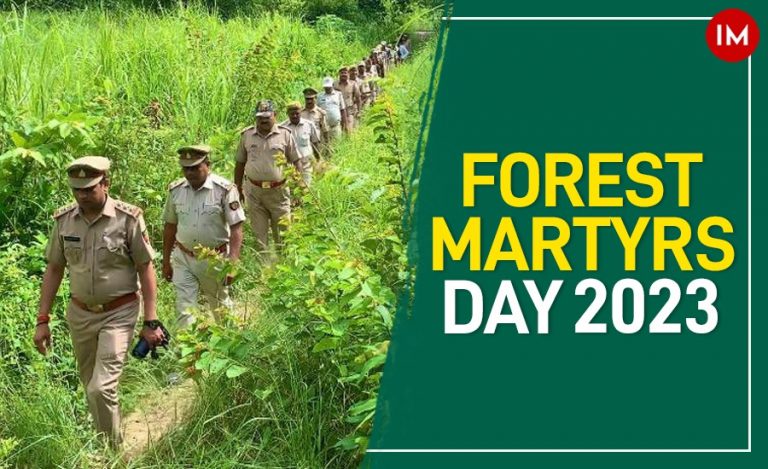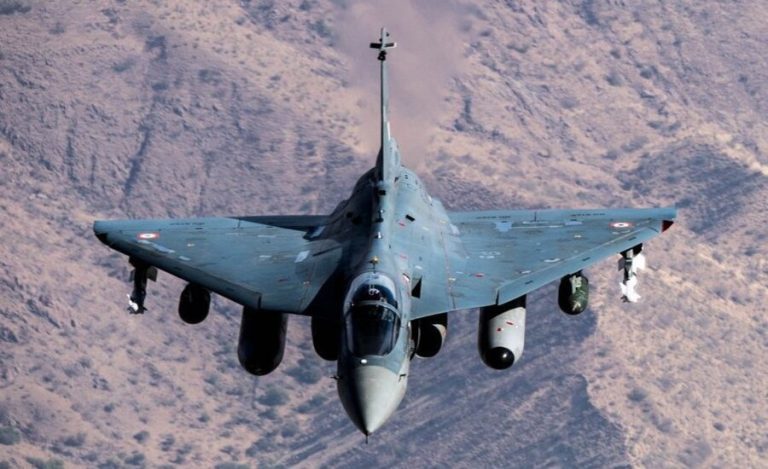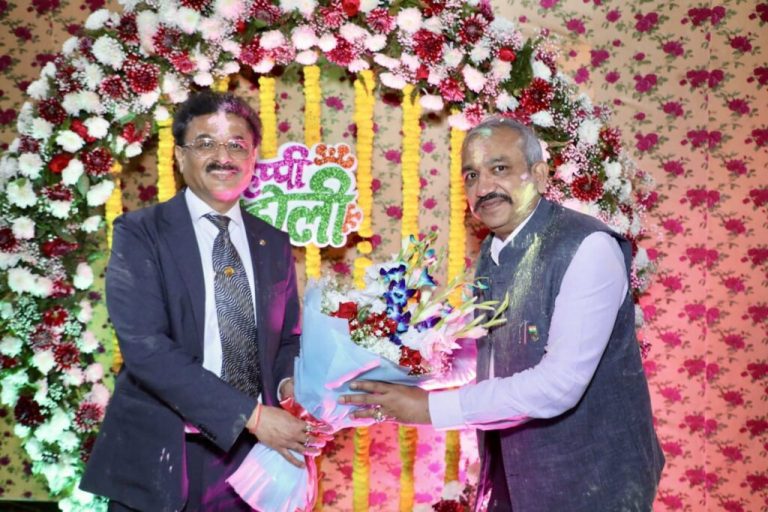“To bring a change in the system, you have to be a part of it,” was the quip that changed Dr Aditya Prakash Bhardwaj’s life. The jibe was made by one of his friends during a discussion on prevailing political scenario in the country. Taking the comment to his heart, the medico dropped his practice and decided to go for the Civil Services exams.
Hailing from a small town called Narnaul in Haryana, Dr. Bhardwaj was the first person in the family to become a doctor. He was preparing for his medical post-graduation entrance exam in 2013 when he visited a friend in Delhi. This proved to be the turning point of his life. The genial medico-turned-bureaucrat told Indian Masterminds, “At that time, Anti-Corruption Anna agitation was going on in Delhi. While driving back from Delhi in the middle of the night, we got into a heated conversation. He told me that it is one thing to want to change the world but getting into the system by cracking the exam and changing it from within is easier said than done. At that point, I took it as a challenge to get into the services and asked him to lend a few books to me”.
But because of the financial constraints, he decided to make only one attempt. His family was not happy with his decision of switching. He was the sole bread-earner in the family. Now when he should be supporting the family, he wanted to take a year off and prepare for an examination that was totally out of his league. Convincing his family was the most difficult part. They did not speak to him for months and even tried dissuading him. But he was firm on his decision. He moved to Delhi from Rohtak where his medical college was and started his preparations.
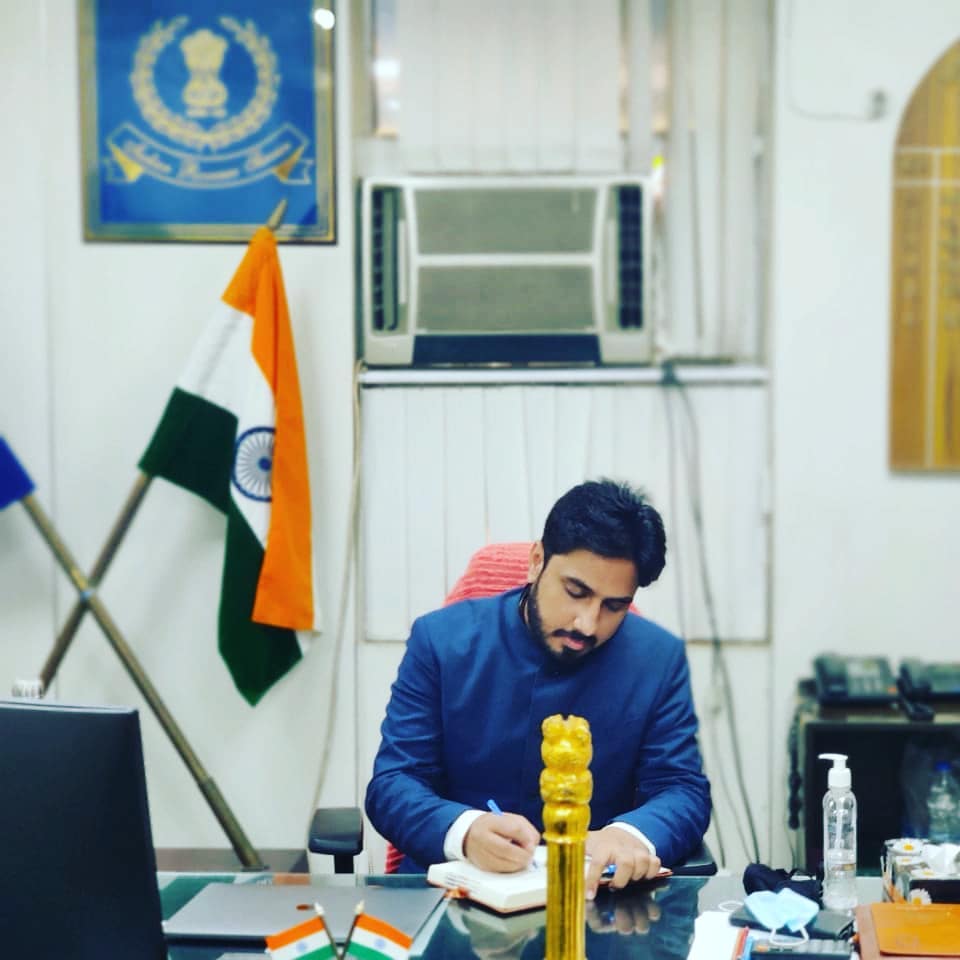
All Work, No Play
It was a difficult period for him. He used to study for hours at a stretch. “Sometimes I used to take a 5-minute break in between long hours when I’d watch T.V or listen to music or have tea! I used to study 7 days a week because taking even a single day off meant that the whole week’s struggle went down the drain. I eliminated all concepts of fun or ‘free days’. I didn’t even go home for festivals and neither did I celebrate my birthday that year.” He added, “I knew it, in my heart that I’d have to sacrifice my comfort and leisure to be able to crack the exam as I had only one shot at it and couldn’t afford to waste it.”
Remembering his days of preparation, he recalls that he used to read editorial articles from The Hindu, but he found it difficult to understand their vocabulary. He was determined to give his exams in English and therefore, he motivated himself to work on the language. He says, “I never picked up more than one book to study. If I had to study a particular subject, I would thoroughly go through NCERT books and I would revise the question papers from the previous ten years to prepare for the optional subject.”
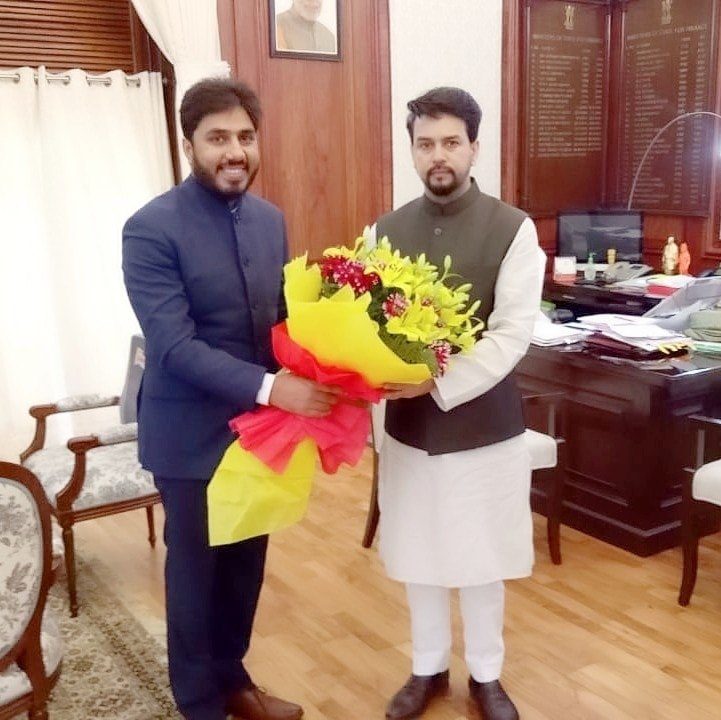
Moonlighting Doctor
“There were various hurdles that I had to cross. Financial issue was one of them. To make ends meet, I started doing night shifts on weekends as a doctor in local hospitals which helped me in earning Rs. 5000 a night,” he says. He chose, Anthropology as his optional subject, but his teacher at the coaching class told him that if he hadn’t studied the subject till now, there was no chance he could clear his examination that year. He asked him to enroll himself for next year’s preparation because he won’t be able to clear this year. But, instead of being sad or disappointed Dr. Bhardwaj became more resolute and decided to study harder, without help of coaching classes.
His hard work paid off when he scored AIR 250 in his first attempt. He became an IRS officer and is currently posted as the Deputy Commissioner of Income Tax in Faridabad. On weekends, Dr. Bhardwaj visits Government schools in the slums to provide career counseling to the children studying there. He tells them, “If I could clear UPSC, anybody can!”
The Philanthropist
Schools got closed due to pandemic but he knew some children whose parents were daily wage labourers. These families had no means to support themselves anymore. This is when Dr. Aditya came up with the idea to do something for these people. He founded the We Care initiative and started providing meals and dry ration to these families. He started with around 150 families, went on to 5000 families, and by today he has helped more than 5 lakh families.
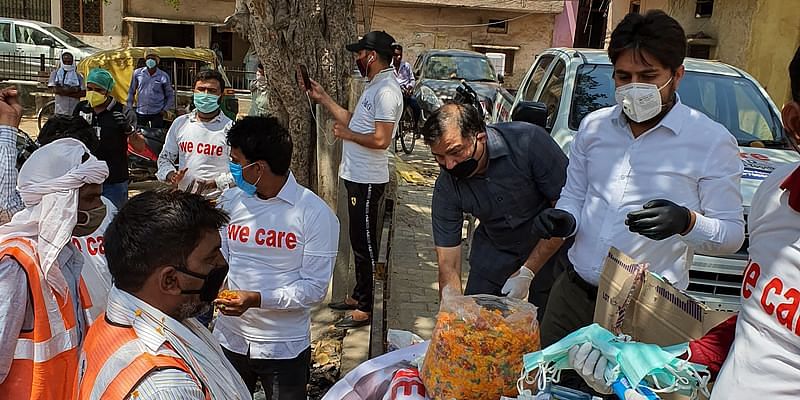
He says, “It would not have been possible without the support of our volunteers. Nobody brings in the cash. They donate. A few people are ready for volunteering, some bring in dry rations for distribution, some help us by giving us their kitchens to cook in and this is how we form a great team together and work in unison to bring happiness into the lives of those poor families.”
During pandemic only, a large number of monkeys died in Faridabad because of the lack of food and water. “They depended on the locals for food and water and because of no people around, they starved to death. Therefore, we decided to do something for our voiceless friends too. We collected the extra food materials from the day’s cooking from people and feed the stray animals including dogs, cows, and monkeys at night”, he mentioned.
Dr. Aditya installed around 200 water buckets and tubs along the Aravalli region in Faridabad. He also ensured that the buckets and tubs were filled with water at all times. He is not only working for the life of poor families, but also for the betterment of the children. His animal rescue and safety missions are still in work, under full swing.

